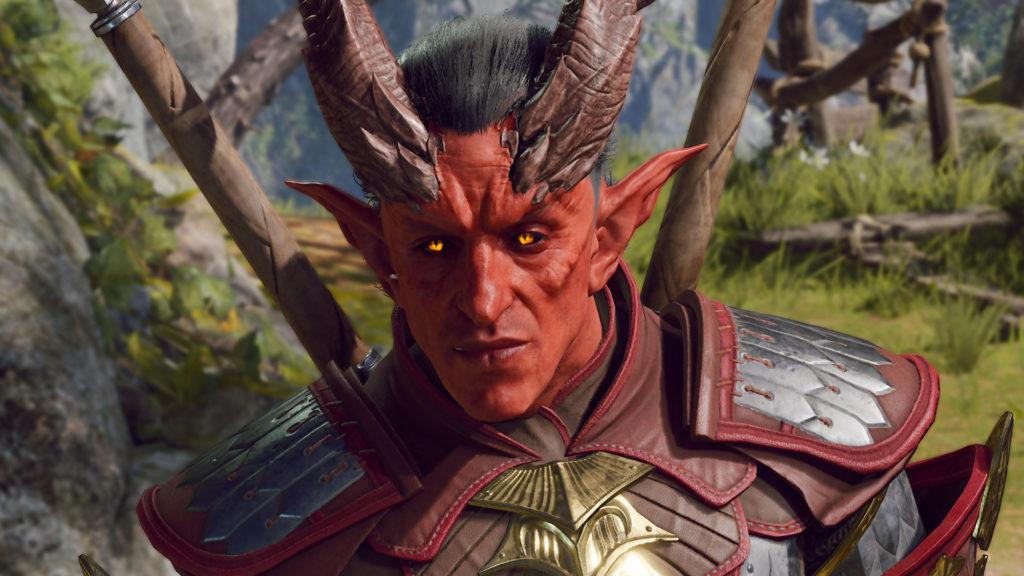Some important things were left out at the start.
Some theorises AMD kinda strong armed Microsoft into doing DX12 in haste.
The problem facing AMD was their performance in DX11 and OpenGL, they couldn't optimize their drivers to deliver optimal performance in these APIs, and they were severely limited CPU wise, Digital Foundry showed that in many games, NVIDIA GPUs delivered faster performance than their AMD counterparts when paired with low end CPUs in DX11. OpenGL games ran quite horribly on AMD GPUs, and DX11 games ran into performance defeciets too, back then AMD lacked the resources needed to properly optimzie for DX11/OGL like NVIDIA did, they only got to do so recently, when they released their major Adrenaline driver targeting DX11/OGL improvements last year.
So AMD leaned heavy on their advantage in the 8th gen console cycle, they were the provider for both PS4 and Xbox One, so they developed the lower level Mantle proprietary API and encouraged mutli platform developers to port their console codes to that proprietary API, they planned for many developers to support it. AMD sought to alter their rather difficult position with DX11/OGL through Mantle, and these Mantle games performed vastly better with Mantle than DX11 on AMD GPUs, negating AMD's disadvantage.
Microsoft acted rather quickly, probably for fear of Mantle fracturing their API dominance, do they formulated DX12 with backward compatibility with DX11 GPUs, after which AMD ceased all of their Mantle efforts and scrubbed it's support from most of the planned games. Declaring DX12 satisfactory.
However both Mantle and DX12 approaches had major problems, Mantle required more VRAM to run, and required more support from AMD for upcoming new products, as newer GPUs required driver updates from AMD to run the Mantle path well. DX12 inherited some of it's problems too, but added even more.
It was quite clear DX12 was developed in haste though, without giving many of it's features the proper think through, and while the initial wave of DX12 games were satisfactory to AMD and achieved their Mantle goals, AMD quickly got entangled into the barrage of DX12 problems, like everyone else, and in many many cases, the results were not satisfactory anymore.



